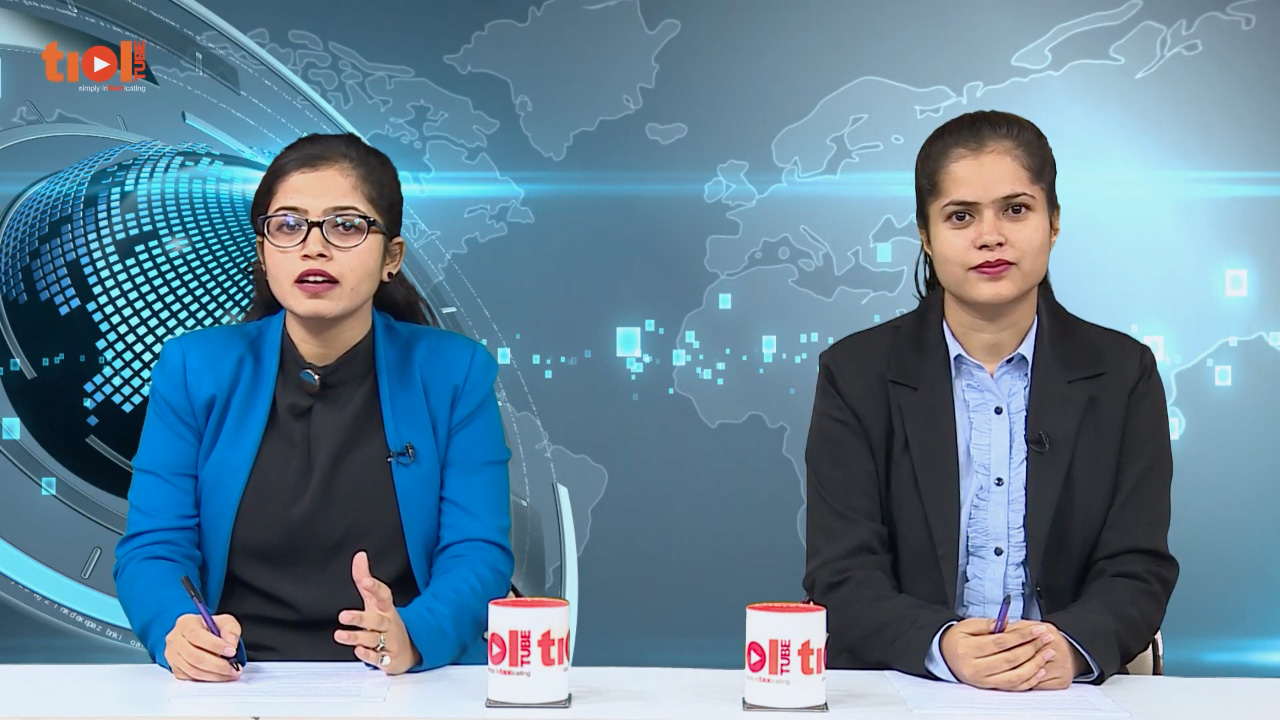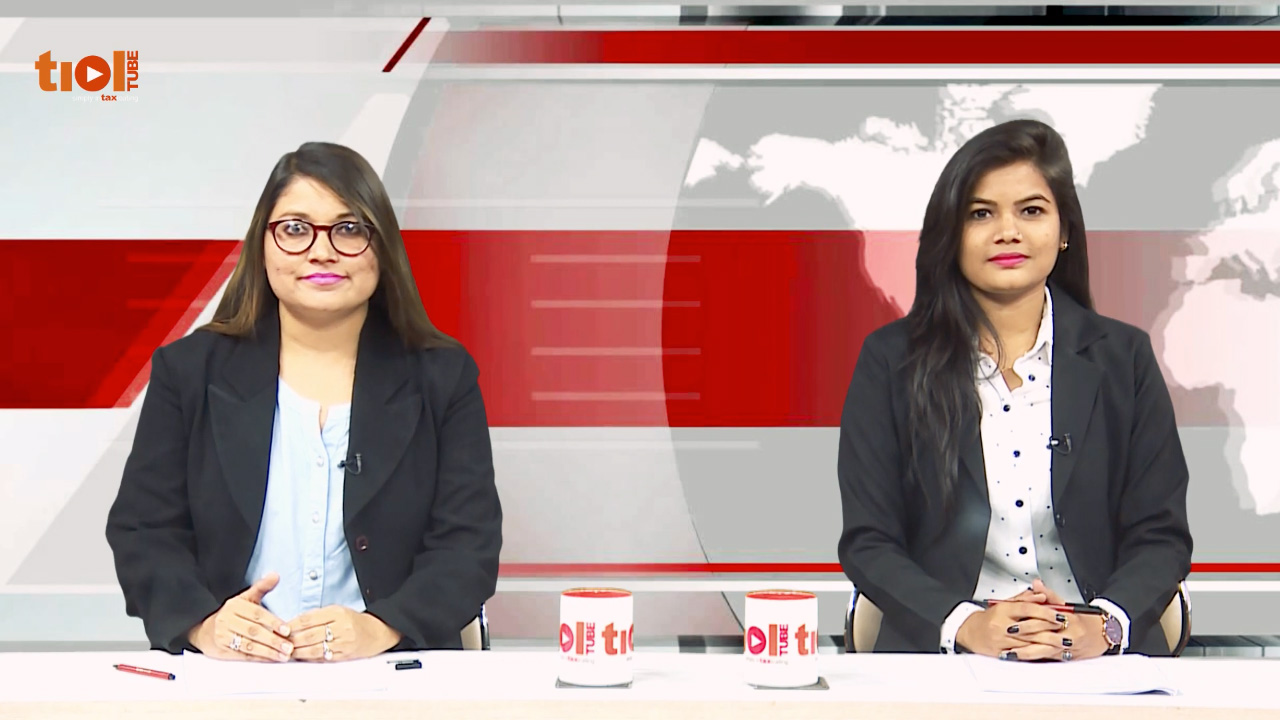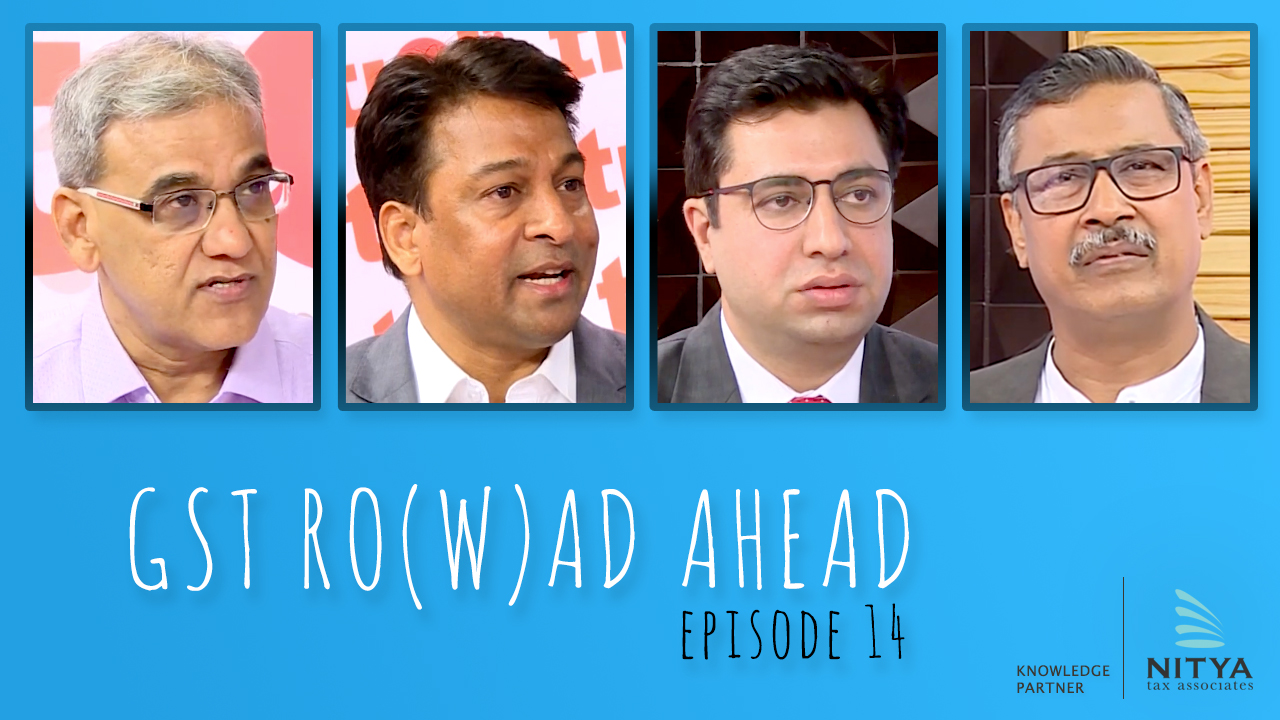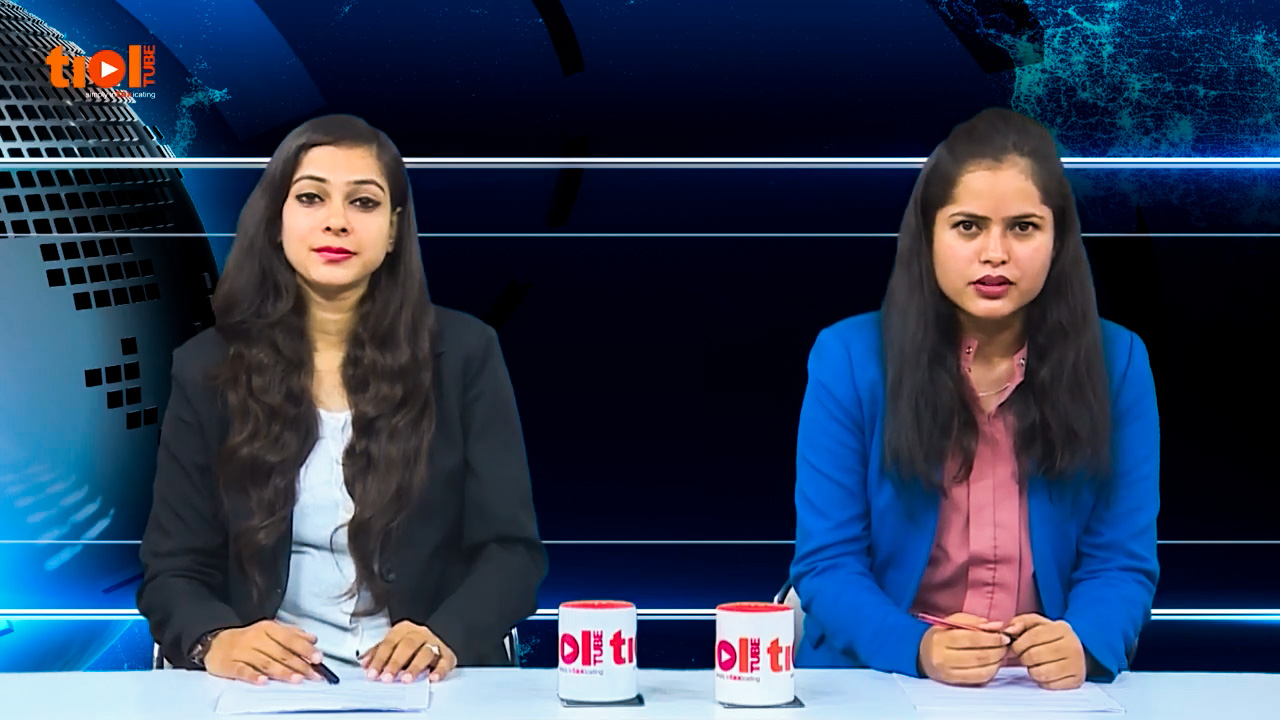|
SERVICE TAX
2019-TIOL-2910-CESTAT-MUM
CCGST Vs Skystar
ST - The issue requires to be considered is as to whether the assessee engaged in construction of a building and renting the same on completion is entitled to credit of inputs/inputs service utilised in construction while paying the service tax under head "Renting of Immovable Property Service" - The Commissioner observed that in terms of amendment vide notfn 3/2011-CE(NT) w.e.f. 01.04.2011, credit was not admissible on expenditure incurred for "set up" of factory of manufacturer of premise of output service provider; the notification has only prospective effect; therefore credit cannot be denied prior to 01.03.2011, in terms of Rule 2(l) of CCR, 2004 - Division Bench of Tribunal had gone into the case of Nirlon Limited wherein the facts are identical, and decided in assessee's favour following the decision of High Court in the case of Sai Samhita Storages - 2011-TIOL-863-HC-AP-CX and Mundra Ports and Special Economy Zone Ltd. - 2015-TIOL-1288-HC-AHM-CX where it was held that Cenvat Credit of duty paid on cement and steel used in construction of new jetties and other commercial buildings are entitled for input credit - The Impugned Order is maintainable both in terms of definition of input/input services under Rule 2(l) of CCR, 2004 and the ratio of the above cited cases: CESTAT
- Appeal dismissed : MUMBAI CESTAT
2019-TIOL-2909-CESTAT-BANG
SK Boilers Pvt Ltd Vs CC, CE & ST
ST - The assessee is registered under Section 69 of Finance Act under the classification of services "Maintenance or Repair Services" which was brought under Service Tax net by FA, 2003 w.e.f. 01.07.2003 vide Notfn 7/2003 - The assessee has paid service tax and filed half-yearly return in Form ST-3 in terms of Section 70 of Finance Act - On the basis of an investigation/enquiry by invoking the provisions of Section 14 of CEA, 1944 and on the basis of a contract produced, a SCN was issued to assessee - There is no dispute that the works undertaken by assessee was for fabrication, supply of material, installation and commissioning of various items as per the contract entered between the parties - In the impugned order, Commissioner has given a finding that there was a supply of material and provision of labour and therefore there is no dispute that the works contract involving transfer of goods as well as rendering of service - The assessee is also paying sales tax/VAT under Kerala Sales Tax/Kerala VAT on the activities in dispute - The works undertaken by assessee fulfill the requirement of 'Works Contract Service' - Once the assessee is rendering Works Contract Service, then in view of the settled law in the case of Larsen & Toubro - 2015-TIOL-187-SC-ST , no service tax is leviable on Works Contract Service for the period prior to 01.06.2007 and in the present case the entire period is prior to 01.06.2007 and therefore by following the ratio of the decision of Apex Court in the case of Larsen & Toubro , assessee is not liable to pay any service tax - Since the assessee is not liable to pay the service tax under Works Contract Service, it is not appropriate to give findings on any other issue - The impugned order is set aside: CESTAT
- Appeal allowed : BANGALORE CESTAT
2019-TIOL-2908-CESTAT-BANG
Software Paradigms Infotech Pvt Ltd Vs CCT
ST - The assessee is a service provider under category of Information Technology Software Service and they had accumulated CENVAT credit and filed refund application under Rule 5 of CCR, 2004 r/w Notfn 27/2012 - Same was rejected to the extent of Rs.11,24,992/- being barred by limitation - The issue is no more res integra and the Larger Bench of Tribunal in case of Span Infotech India Pvt. Ltd . - 2018-TIOL-516-CESTAT-BANG-LB has held that one year is to be counted from the last day of the quarter in which FIRC is received - It is clear from the table given in the appeal memorandum and also the invoices that assessee received the proceeds for the last export invoice on 31.03.2016 and therefore, the last date to file the refund claim should be one year from 31.03.2016 whereas the assessee filed the refund claim on 30.01.2017 - Therefore, in terms of said decision, the refund claim is filed within the due date - The rejection of refund on time bar is not sustainable in law and therefore, same is set aside: CESTAT
- Appeal allowed : BANGALORE CESTAT
CENTRAL EXCISE
2019-TIOL-2354-HC-MUM-CX CC & CE Vs Shivam Ispat Pvt Ltd
CX - The challenge is to the common Judgment and Order dated 30/11/2010 made by Tribunal, allowing the appeals instituted by assessees and remanding the matters for adjudication - As against the aforesaid common Judgment, both, the Department, as well as the assessees, had instituted Custom Appeals, Excise Appeal and other connected Appeals which were disposed of by a common Judgment and Order dated 22.08.2019, by which the impugned common Judgment and Order, made by Tribunal, was set aside, but, because the Tribunal had not really decided the matter on merits, the appeals instituted by assessees were restored to the file of the Tribunal for fresh adjudication on the disposal - The issues arises in these appeals are squarely covered by common Judgment and Order dated 22/08/2019 - Therefore, for the reasoning in the common Judgment and Order dated 22/08/2019, the common Judgment and Order dated 30.11.2010 made by Tribunal is set aside and restore the appeals instituted by assessees before the Tribunal for fresh consideration, in accordance with law and on their own merits: HC
- Appeals disposed of : BOMBAY HIGH COURT
2019-TIOL-2912-CESTAT-AHM
Gujarat State Fertilizers And Chemicals Ltd Vs CCE & ST
CX - Assessee is in appeal against confirmation of demand of Central Excise duty, interest and imposition of penalty - Demand has been raised on various items which were cleared by assessee as scrap or as un-used items or partially used items - Revenue has invoked Rule 3(5A) of CCR, 2004 - It can be seen from aforesaid Rule that it applies on capital goods on which credit has been taken and which are cleared as waste and scrap - The product has to be first been received as capital goods and on which the credit has been availed - Before invoking Rule 3(5A) of CCR, 2004, it is necessary for Revenue to establish that items of capital goods are cleared as waste and scrap and on which the assessee has availed Cenvat credit - The defense of assessee throughout is that they have not availed Cenvat credit in respect of capital goods - Merit found in the submissions made by assessee - Unless Revenue establishes that they availed Cenvat credit on capital goods which are being removed as waste and scrap, provisions of Rule 3(5A) cannot be invoked - The demand under Rule 3(5A) is set-aside - The next issue relates to demand on waste and scrap items like MS Oil paint drums, spent zinc based catalyst, used therminol and comox catalyst, these items are in the nature of items the Revenue has invoked Section 2(d) - It is seen that said Section has not application in the instant case - The Section 2(d) defines the excisable goods and to be excisable goods, is to be first manufactured - The goods coming into existence as by-product during the process of manufacture cannot be treated as manufactured goods - Thus, even if the items cleared answered to description under Section 2(d) of Central Excise Act, duty can be charged only if they pass through the process under Section 2(f) of the Act - In similar circumstances, the Bombay High Court in case of Hindalco Industries Limited - 2014-TIOL-2266-HC-MUM-CX has held that no duty liability can be charged - Relying on the aforesaid decision, the appeal, on this count is also allowed: CESTAT
- Appeal allowed : AHMEDABAD CESTAT 2019-TIOL-2907-CESTAT-BANG
Spraying Systems India Pvt Ltd Vs CCT
CX - The assessee is engaged in manufacture of Spray Nozzles and have been paying Central Excise duty on clearances of said goods - During audit, it appeared that they had availed ineligible CENVAT credit paid as Service Tax on input services alleged to be 'Professional Consultancy Service on Real Estate' provided by M/s. Punya Davar, 'Topography Survey Service' provided by M/s. Oneness Infratech and 'Cleaning and Leveling service' provided by Sri Mangala, which are not eligible input service as they appeared to be services in relation to 'Construction Services' - The only ground on which CENVAT Credit has been denied by department is that the impugned services are excluded from the definition of 'input service' in Rule 2(l)(A) of CCR, 2004 whereas the impugned services have not been used for purpose of carrying out construction - The exclusion clause in Rule 2(l) of Input Service is very clear and in the exclusion clause only construction services have been excluded and not the services in preparation of construction of building - Further, the exclusion clause in Rule 2(l)(A) of CCR, 2004 excludes those services falling under Section 66E(b)/66E(h) of FA, 1994 and the impugned services availed by assessee do not fall under the exclusion clause - The impugned services fall within the definition of input service because the expression 'in the manufacture' or 'in relation to manufacture' or 'includes' employed in Rule 2(l) of CCR, 2004 connotes very wide scope as held by Supreme Court in case of Ramala Sahkari Chini Mills Ltd. - 2016-TIOL-20-SC-CX-LB - Therefore, the impugned services fall in the definition of 'input service' and the assessee is eligible to take CENVAT Credit of the same - As far as invoking of extended period of limitation is concerned, assessee have been regularly filing ST-3 returns and has been showing the credit taken by them and the Department has not raised any objection and it is only during the audit that the audit party has raised the said objection and thereafter, SCN was issued by invoking extended period of limitation, which is not justified because the department has failed to bring on record any material for suppression of facts with intent to evade payment of duty, therefore, SCN is also wholly barred by limitation - The impugned order is set aside on merit as well as on limitation: CESTAT
- Appeal allowed : BANGALORE CESTAT
CUSTOMS
2019-TIOL-2911-CESTAT-DEL
Tushar Trading Company Vs Pr.CC
Cus - The issue involved is regarding valuation of imported consignment imported by assessee vide Bill of Entry - From the perusal of Bill of Entry and related document, it is found that assessing authority has rejected the transaction value on the ground of mis-decloaration regarding drill machine-I - The assessing officer has also concluded that the assessable value appeared to be low and the value was enhanced item wise - The assessing officer has enhanced the declared value on the ground that those are not inconsonance with the current market price of similar goods being sold in the Indian market - However, the adjudication order does not indicate as to how and where the market survey has been conducted and also how the transaction value has been rejected without following the Valuation Rules - It is a fact that the assessee has accepted the enhanced value and paid the differential duty, but only for the reasons that the consignment was incurring a heavy demurrage and detention charge by the custodian - Therefore, the acceptance of enhancement of price by the department is not at their own volition but under compulsion so as to avoid heavy demurrage and detention charges - If any transaction value is to be rejected by assessing officer it has to be done under the provisions of Section 14 of Customs Act read with Customs Valuation Rule, 2007 - No such exercise has been undertaken by adjudicating authority and also by Commissioner (A), while passing the impugned order - The impugned order is set aside: CESTAT
- Appeal allowed : DELHI CESTAT |
|







